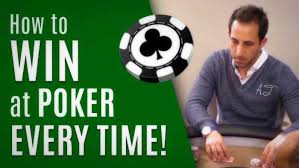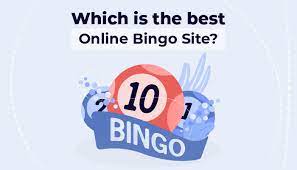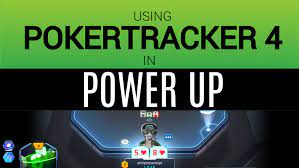I have had an interesting conversation with a friend of mine via the chat room today and it occurred to me that many people in this industry for some crazy reason are still in the mindset that they need a 100% system. Maybe you still have that tiny bit of doubt in you that believes it is actually possible to make this work for you without this guarantee hanging in the balance.
Whatever your reason may be, I actually think that you are being very wise by asking the question as I have had some excellent eyebrow raising experiences and I would like to clear my thoughts about these issues. I am going to share my thoughts, however, in an unbiased manner.
An intelligent player needs to firstly understand the principles and concepts of the game they are playing and the stakes they are playing for which they should prepare themselves. When you take your seat at the table or poker room, you are already in knowing what the stakes are, even if you are normally paying a lean sum of $10-$15 per 10 ring chip.
Getting to know your bankroll is very important in how to win at poker. Your table rating, in addition to your win rate, will also determine what amount of buy-in you need to play to a certain level. You may feel that you will be comfortable playing in $1/$2 games as your bankroll can increase to $20 easily with practice.
This should not come as a surprise to you since a player’s bankroll is an indicator of their skill level; a low limit player should not be able to play in a $10/$20 game unless their skill level has risen to the point where they are comfortable playing in that high stake game.
The next thought to raise is, if a poker player’s bankroll is going to go to zero, will they still be playing? I have no problem leaving the table when my bankroll is where I need to stop especially when I know that I have enough money in front of me to do so.
The truth of the matter is that if you cannot afford to lose, you should not be playing. You really must play with a stop-loss mechanism because the longer you stay at the table, the greater the probability that you will lose.
When you are playing poker online, you will want to have gone there, opened the cashier and have been playing closely and consecutively at that table. If you must play there, open another new window. Go to a different table or game.
By sitting in one spot, you will have less time to make a move. There is a reason why you are playing there, either to make money, make a dining room table, create art, decorate the home, family, business or leisure, and many other reasons. There is no reason to be there, when you are making money. Make the decision ahead of time.
Personally, I will almost always take a loss in a cash game or tournament to add to my bankroll. I am an action junkie. I love the adrenaline, the quick pace, and the liveliness of playing cards. I also love to make life “honest” with a good hand. It is also nice to go to the table with a so-so hand and make a bit of a dent to your bankroll, or win enough money to buy a distraction.
All of these factors giving you a reason to make a change, and a reason to make the change now, rather than later.
There are also other reasons to increase aggression. It factor quite happily reduces the quality of the hands you play. You may be able to spot these so-so hands earlier than other players, and be able to play back at them. It also opens up aggressive plays against players who are either too tight, too loose, too passive, too reckless or passive.
You can also take advantage of being strong when others are weak. When others act before you, you can take more chances and bluff. Being strong, and therefore, more likely to win a pot, also makes you vulnerable. There will be times when you will be strong and others will be weak. It is possible to win big using this technique.
The bottom line is that with practice, you will be able to spot situations where it will be easier to win money with aggression than with a tight strategy. You will also know when to play tight and when to play aggressive. The skills for doing so are already well honed. You are likely to start directly taking your money to the afapoker rooms or other online poker houses.
So why bother to continue to play live poker? It is quite easy to learn many of the skills that go into making a good live poker player. By taking the time to learn well, you will improve the quality of your live poker play.



